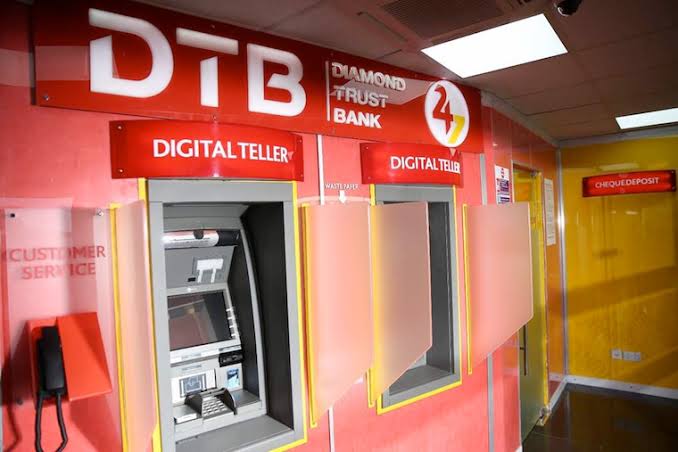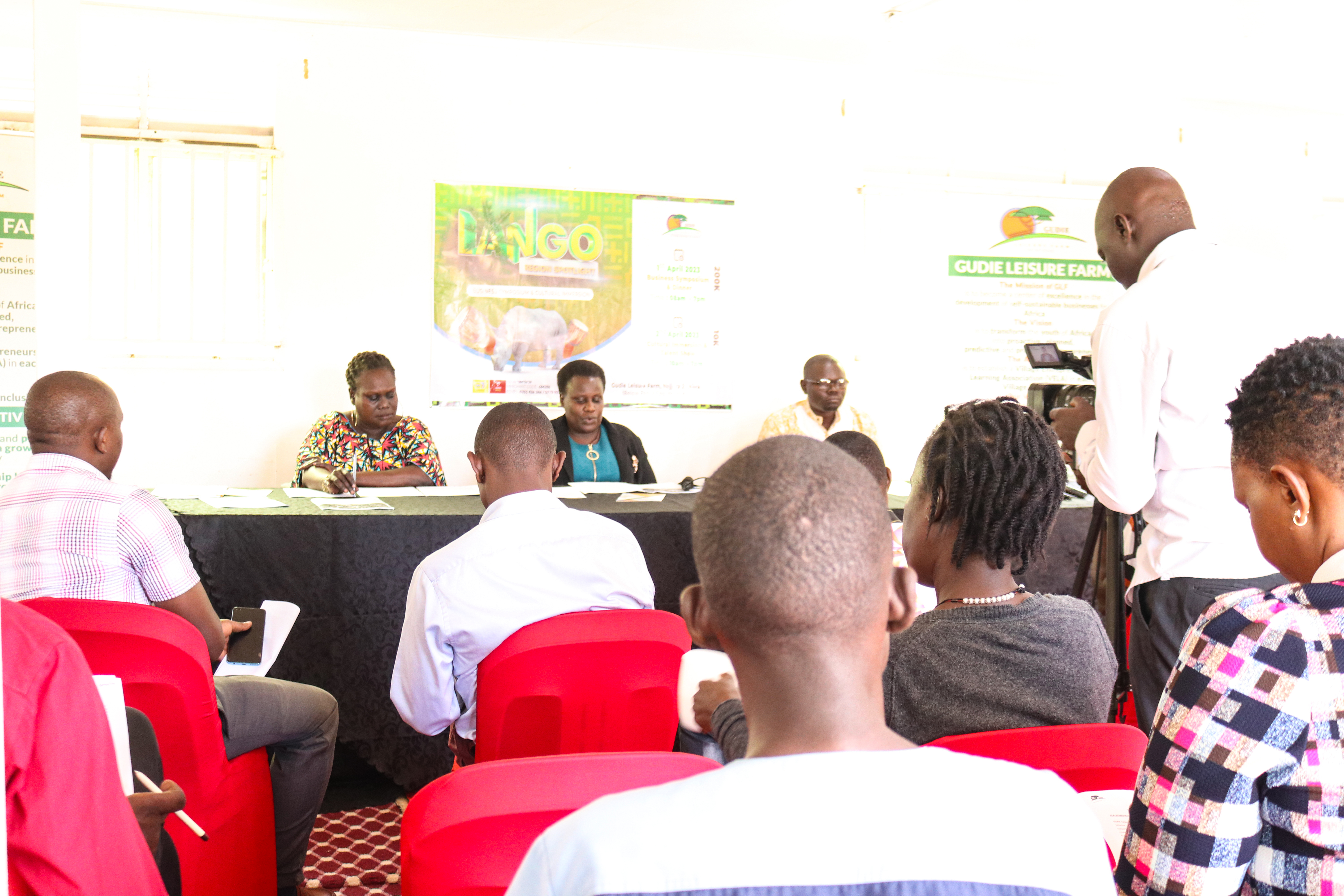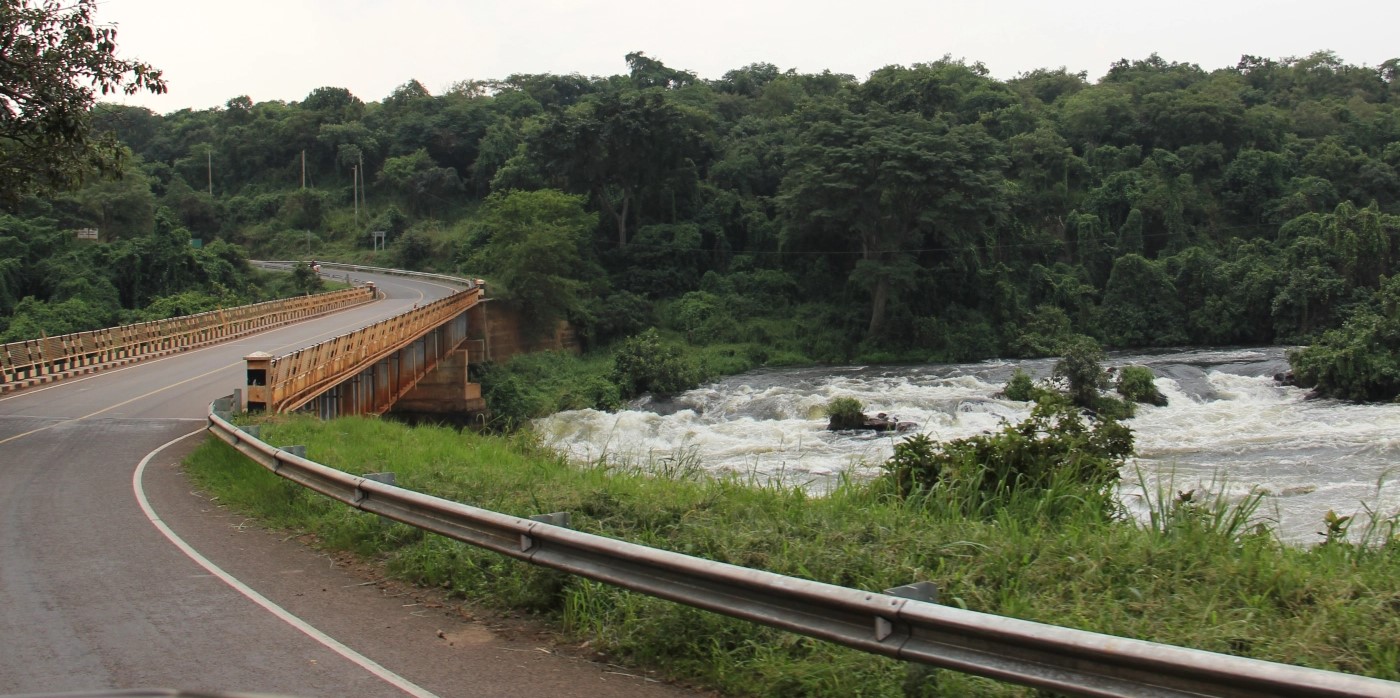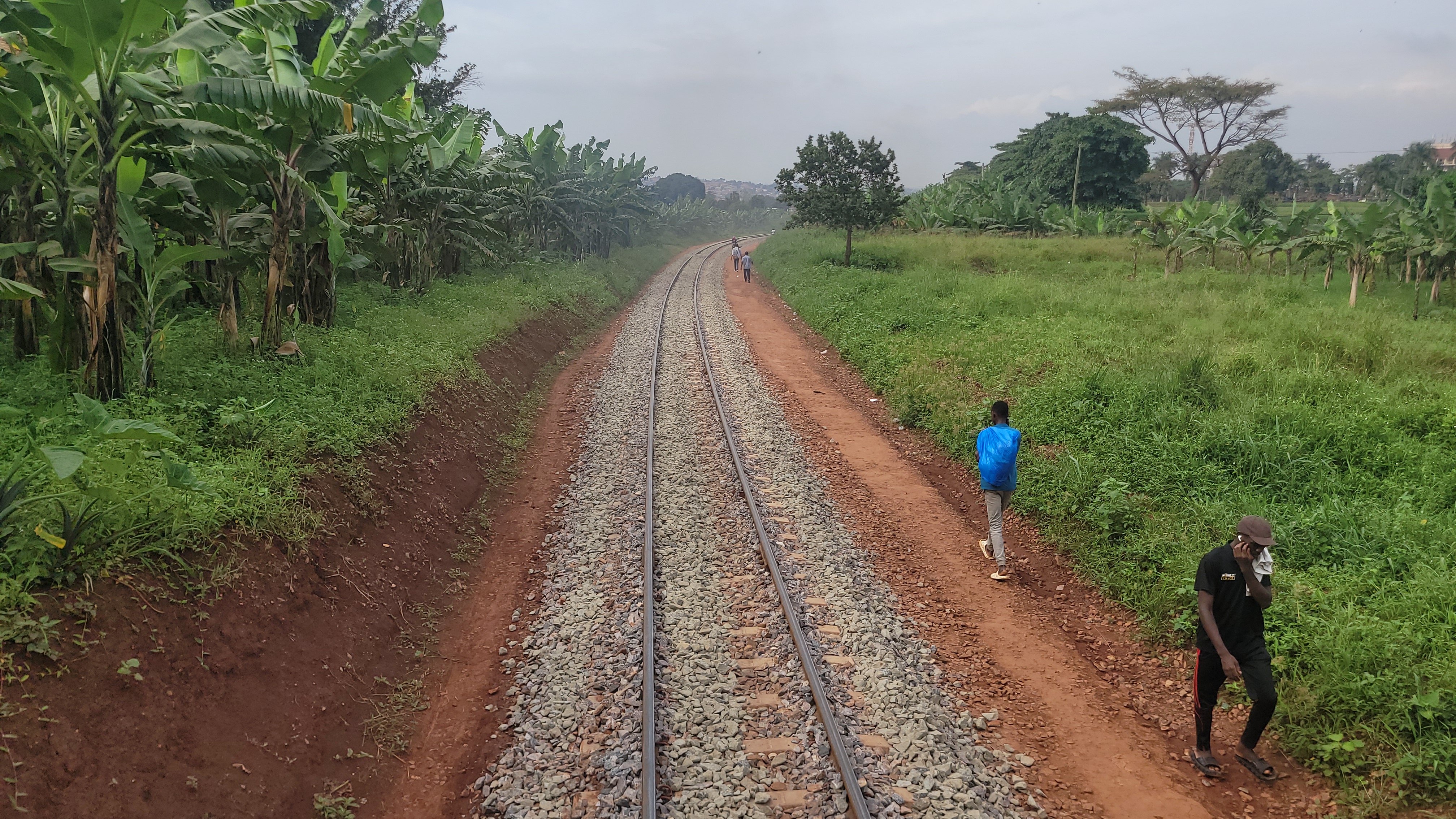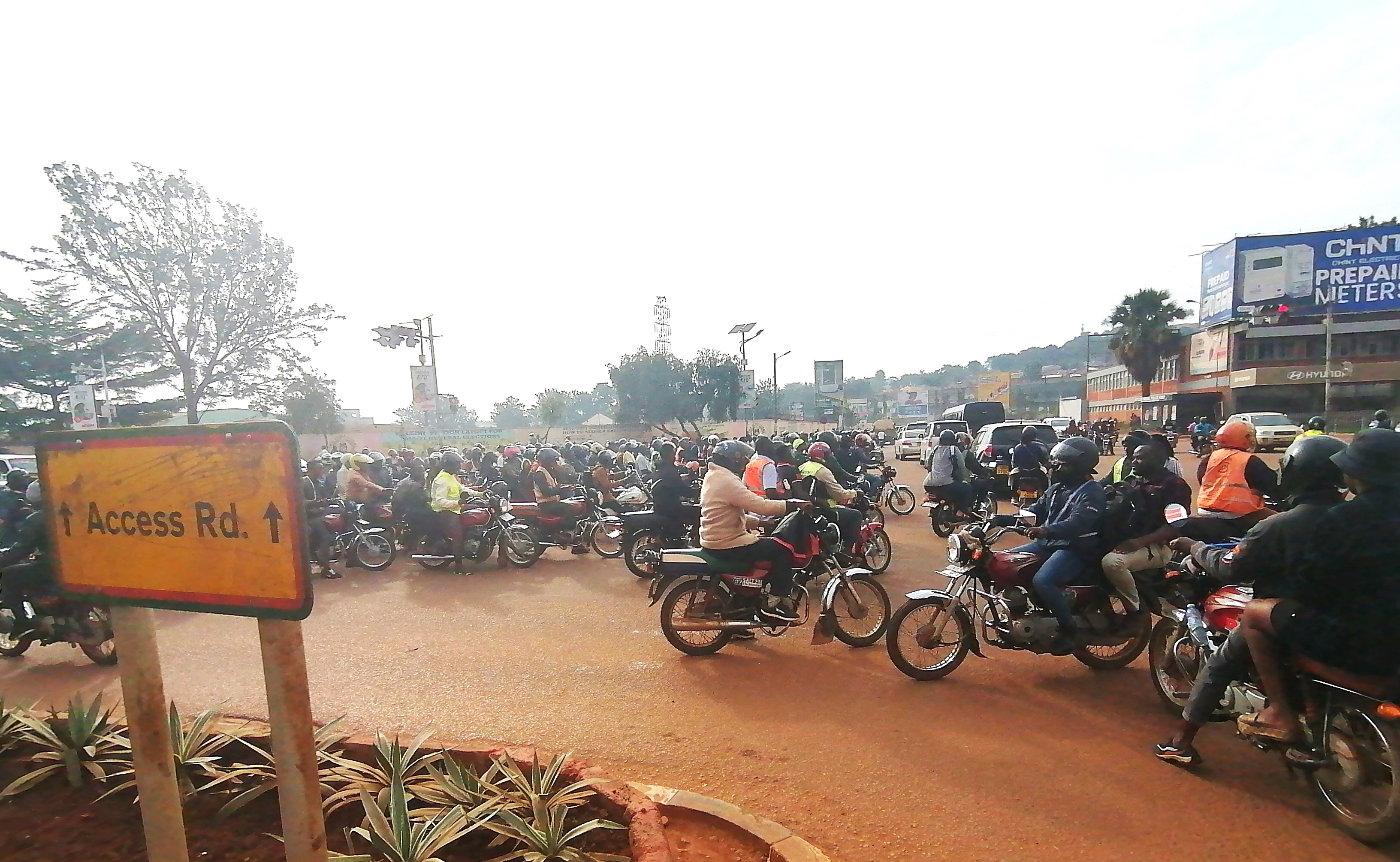Watu asks for better conditions for boda-boda riders

Christian Kamukama, the Watu Uganda head of commercial, attends to a customer during the company's Customer Week recently.
Asset financiers, Watu Uganda, have called for a more balanced approach to managing the boda-boda industry amidst growing concerns over safety, pollution, and traffic congestion in the country. The company argues that while the boda-boda industry faces challenges, it remains pivotal to Uganda’s economy and transport network.
Christian Kamukama, Watu’s head of commercial, stressed the importance of preserving the boda-boda industry, citing its significant role in providing essential services to urban and rural communities.
"For those who believe this industry should be eliminated, that’s an understandable viewpoint but one that lacks a broader perspective. Boda-boda’s are not just income-generating machines. In rural areas, they serve as ambulances, school transport, and a crucial support system for breadwinners," he said.
- It should be noted that the boda-boda industry has recently faced increased scrutiny, with various groups advocating its reduction due to concerns about traffic congestion, frequent accidents, and impacts on the environmental.
Kamukama acknowledges the pollution challenges posed by the growing number of motorcycles in Kampala but highlighted Watu Uganda’s proactive efforts in introducing electric bikes.
Motorcycles emit significant amounts of air pollutants, including particulate matter, carbon monoxide, and nitrogen oxides, which are known to contribute to respiratory problems, heart disease, and other health issues, in addition to noise pollution and stress.
- Additionally, the regular disposal of used motorcycle engine parts can contribute to environmental degradation. Kamukama says worldwide, the adoption of electric motorcycles is being encouraged as it can reduce air pollution and greenhouse gas emissions.
"We are fully aware of the environmental impact of motorcycle emissions, which is why we are committed to reducing that footprint. Our introduction of electric bikes is part of our broader strategy to promote sustainability and contribute positively to the environment," he says.
According to Kamukama, the adoption of electric bikes has been well-received, with users appreciating their affordability and lower maintenance costs compared to traditional fuel-powered motorcycles.
"Electric bikes are not only more environmentally friendly, but they also offer significant cost savings for the riders, making them a practical solution for the future of the industry," he adds.
Despite the regulatory hurdles the boda-boda industry faces, Kamukama sees these challenges as opportunities for innovation. Watu Uganda is currently working on solutions to improve rider safety and livelihoods, including training programs at their driving school dubbed Watu Shule and providing insurance for boda-boda riders.
- "We believe that instead of focusing on reducing the presence of boda-boda’s, efforts should be directed towards making the industry better, safer, and more sustainable. This industry is not only integral to Uganda’s economy, but it also serves as an essential mode of transport for many, particularly in areas where other options are limited," he says.
- In recent years, the Government has been positive about supporting the adoption of electric motorcycles to mitigate air pollution, noise pollution, and greenhouse gas emissions. Some of the measures being introduced in several African countries include offering tax incentives, providing government subsidies directly to consumers as well as investing in charging infrastructure, such as public charging stations.
Companies such as Gogo Electric have emerged and invested heavily in pioneer best-in-class lithium-ion batteries, with a vast network of swap stations across the country.
Watu Uganda is offering flexible financing options, such as low-interest loans or lease agreements, thus making the electric motorcycles more accessible to consumers with limited upfront capital.
The company has provided over one million loans across seven countries so far, positively impacting the lives of millions of people.



